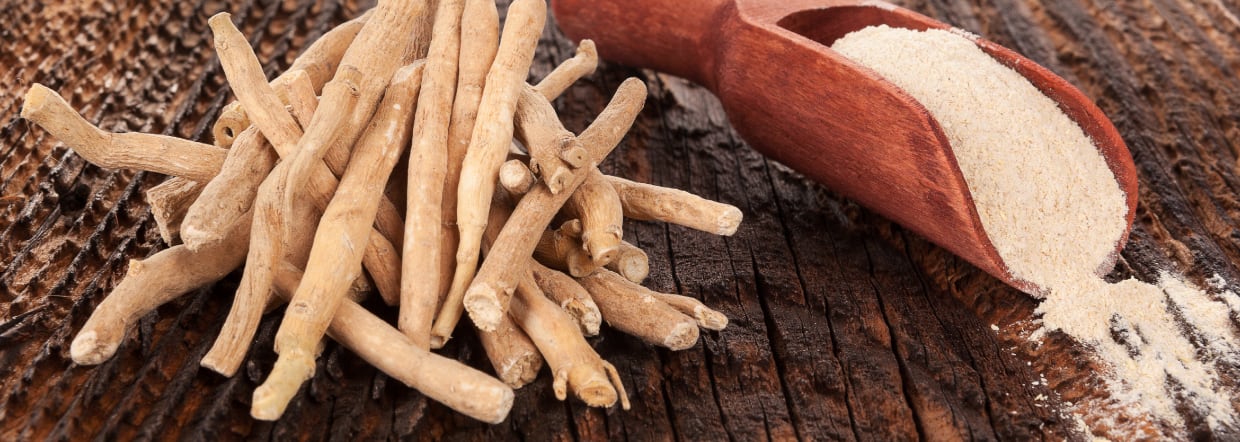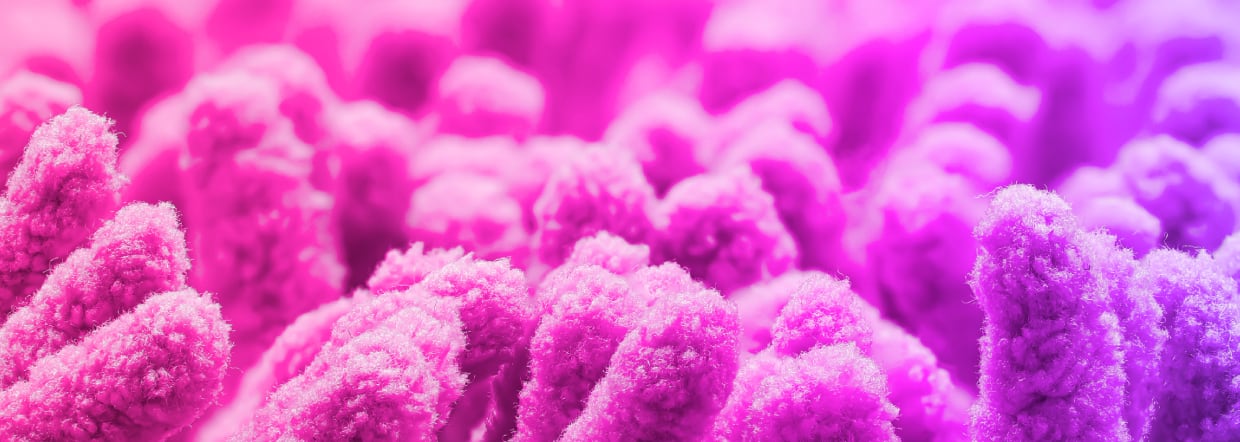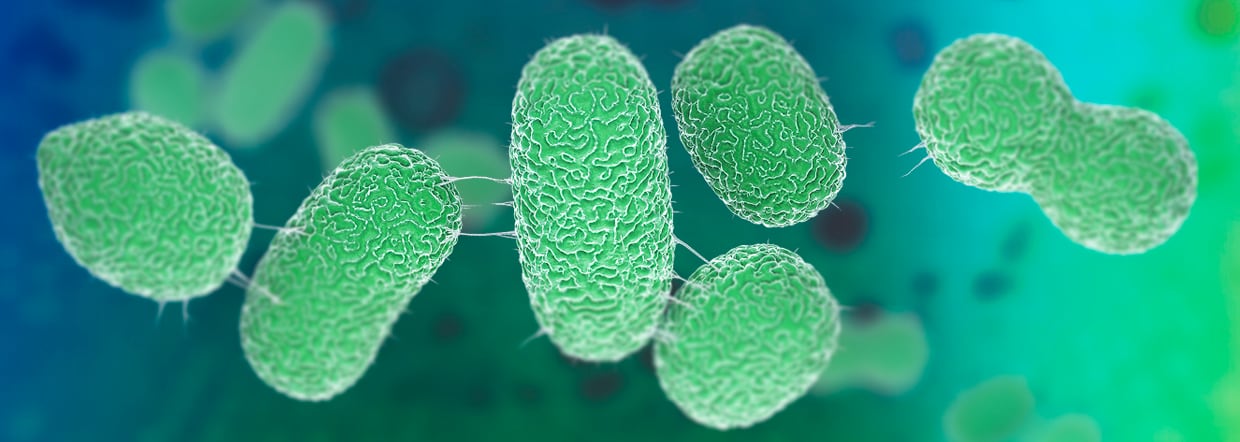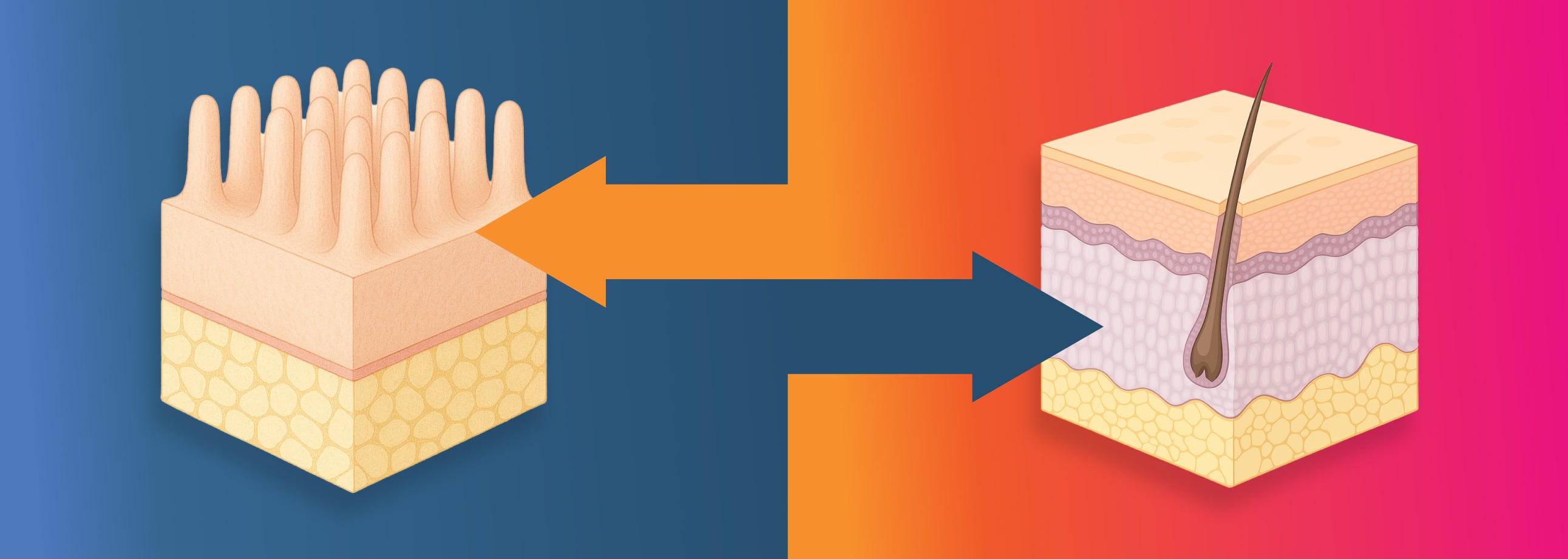To address the rise of chronic stress, researchers have turned to adaptogens – plants traditionally used to enhance resilience under stress – and among them, ashwagandha (Withania somnifera) has emerged as one of the most studied.
With a long-standing history of herbal medicine and a growing body of clinical research, ashwagandha illustrates how ancient remedies can be validated and refined through modern science. Vidya has clinically studied Asera™, a high-potency root extract, to demonstrate how this ancient botanical can be optimized with modern extraction and research.
Unresolved stress is a key factor contributing to the steady rise in the worldwide burden of chronic disease. This includes mental and emotional outcomes such as depression, anxiety, and other mood disorders; but stress is also associated with nearly every common metabolic disorder including obesity, type 2 diabetes, dementia and memory impairment, chronic inflammation, immune system disorders, cancer, and a host of gastrointestinal (i.e. gut-brain) disorders.¹⁻²
This is because the primary stress response system – the hypothalamus-pituitary-adrenal (HPA axis) – is also the primary system that regulates everyday circadian and metabolic functions.³ When chronic unresolved stress continues to activate the emergency functions of the HPA axis, this leads to disruption in normal metabolic and circadian functions, resulting in an erosion of the body’s resilience against metabolic dysfunctions. Cortisol, an adrenal steroid hormone used to re-balance metabolism during stress, can also result in harmful metabolic consequences when stress is chronic and unresolved.
Along with many other lifestyle factors such as diet, sleep, and physical activity, stress management is critical to help reduce chronic disease. This includes reducing exposure to known stressors and/or improving a person’s ability to withstand HPA axis activation.
“The HPA axis can be activated by perceived stress – usually related to events which are happening or anticipated; but it can also be activated by common metabolic disruptions like blood sugar irregularities, inflammation, and circadian disruptions,” says Thomas Guilliams Ph.D., author of The Role of Stress and the HPA axis in Chronic Disease Management.
“Cortisol function to regulate blood sugar is a powerful anti-inflammatory steroid and can function as a circadian signal to all our cells. Knowing how to avoid stressors that activate the emergency call for cortisol is an important protective mechanism that strengthens our resilience against a host of chronic dysfunctions.”
Adaptogens: Building stress resilience
While there are many possible ways to identify and reduce exposure to stressors, there are fewer proven ways to actually improve a person’s physiological resilience to stress. In fact, modern medicine mostly relies upon pharmaceutical treatment for the end-results of chronic stress (e.g. antidepressants, antianxiety medications), rather than agents intended to improve stress resilience.
However, in most ancient and indigenous medicinal traditions there are plants that are revered for their ability to improve a person’s tolerance to various stressors – a class of herbals now called adaptogens. These include plants such as ginsengs (Panax and Eleuthero), schisandra, maca, rhodiola, licorice, and astragalus; each with unique and overlapping medicinal uses from their respective medical traditions.
In most cases, these ingredients have been used as dietary supplement ingredients and tested for efficacy, outside of their traditional settings, and have a growing popularity as herbal ingredients for health maintenance and disease resilience.
Perhaps one of the most popular adaptogens in use today is ashwagandha, sometimes dubbed Indian Ginseng; the roots of which are used to make teas and extracts known for their healing properties. Ashwagandha is a small shrub native to the Indian subcontinent, the Middle East, and parts of Africa.
Used for over three millennia in Ayurvedic medicine, ashwagandha is considered a rejuvenating herb (a ‘rasayana’) that promotes longevity, resilience to stress, and overall health. It has traditionally been employed to enhance stamina, restore energy, reduce fatigue, and combat stress-related conditions.⁴
In the past several decades, the biochemistry and therapeutic actions of ashwagandha have been investigated using modern scientific and clinical approaches, attempting to understand how the adaptogenic activity of this plant can be fully understood and leveraged within a Western integrative medicine approach.
Meta-analyses of clinical studies using ashwagandha root extracts have reported improved scores for perceived stress, depression and anxiety, and often an improvement in measure of cortisol.⁵⁻⁶
Ashwagandha extracts have also been shown to improve physical and athletic performance in healthy subjects, a common traditional use of adaptogenic herbs.⁷⁻⁸ Various extracts of ashwagandha and some of their key medicinal compounds (e.g., withanolides, alkaloids, oligosaccharides, etc.) are currently being explored for a wide-range of potential benefits including protection against neurodegenerative disorders, diabetes, sleep disorders, and many other chronic conditions.⁹⁻¹¹
Knowing the importance of both ashwagandha’s rich tradition within Ayurvedic medicine and its latest clinical research, Vidya – a supplier of premier botanical extracts – has put its ashwagandha extract to the test in a clinical trial. Vidya’s Asera, an extract of ashwagandha roots, is standardized to contain 10% withanolides and 30% oligosaccharides.
“We wanted to achieve a high concentration of withanolides from the root alone, since the root is the traditional plant part used; but also to achieve clinical benefits at a reasonable dose – 160 mg – because this ingredient is often formulated with other ingredients, the lower dose allows for more flexibility for formulating synergistic products,” says Aleksander Richards, Director of Clinical Research at Vidya.
For this clinical trial, Asera (160 mg/day) was tested in a three-arm, double-blind, placebo-controlled trial, which also included a comparator ashwagandha extract (leading brand using extract of leaf and root), given randomly to 48 healthy, but stressed, adults for 8 weeks. Subjects were evaluated for changes to their perceived stress using the DASS-21 and anxiety scores using the HAM-A; their morning cortisol levels were also monitored and reported as a secondary outcome measure.¹²
As shown in the figure, Asera reduced measures of stress and anxiety by 23% and 18%, respectively, in 8 weeks; and also reduced measures of morning cortisol by 25%. Notably, Asera shined when compared to a leading ashwagandha extract.
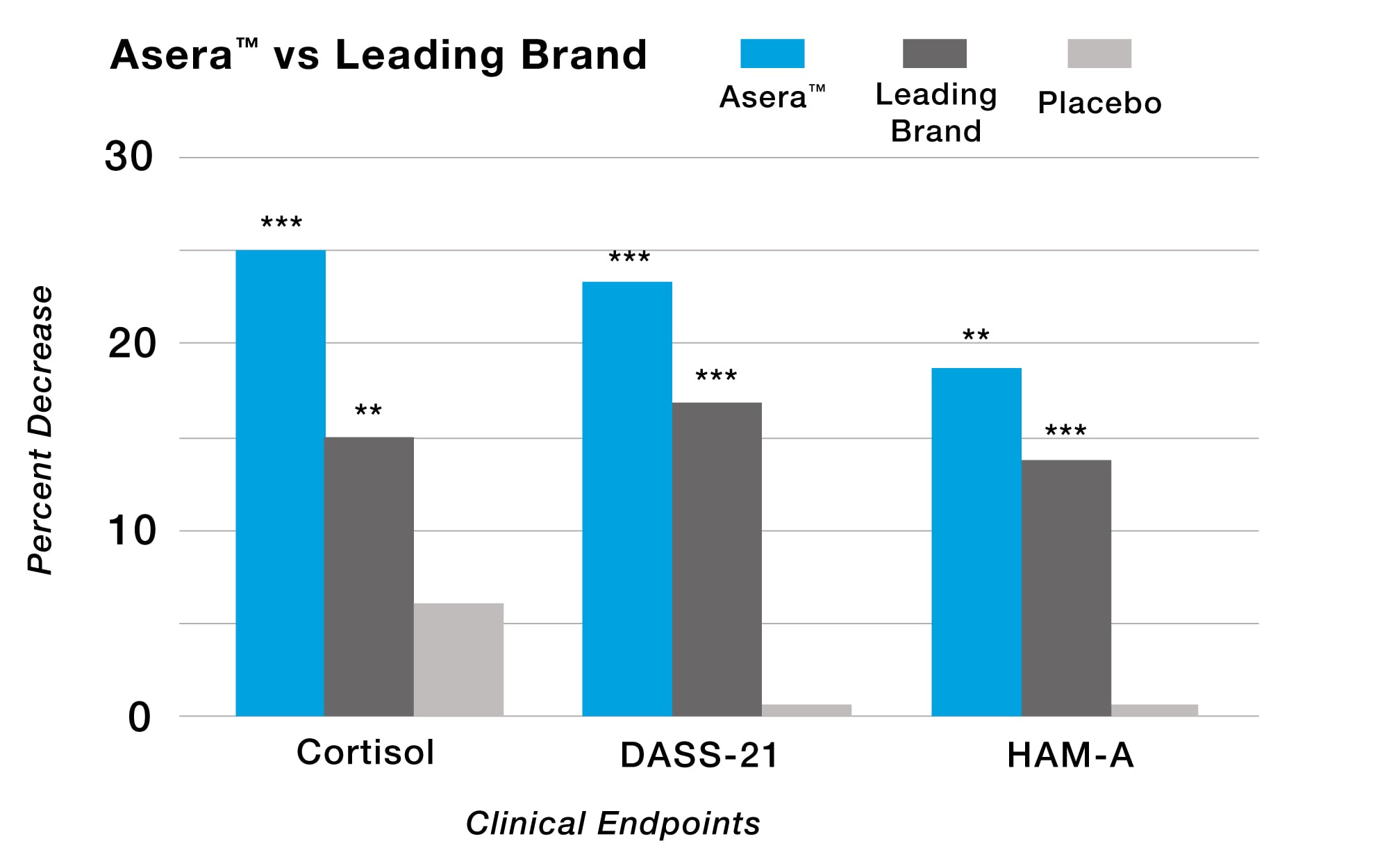
Ancient medicinal traditions have helped identify many important herbal remedies, including those with adaptogenic, stress-relieving potential. Modern research has confirmed that adaptogens like ashwagandha do indeed influence the HPA axis, as well as biochemical and perceived measures of stress and anxiety.
Nonetheless, it is important that each manufacturer of ashwagandha ensures that their extract performs as expected in subjects with stress; even against current products with established research outcomes. Vidya, with its state-of-the art extraction methods, remains committed to confirming that these extracts conform to therapeutic expectations – whether rooted in ancient tradition or scrutinized by the latest clinical outcomes.
References
- Agorastos, A.; et al. The neuroendocrinology of stress: the stress-related continuum of chronic disease development. Mol Psychiatry. 2022;27(1):502-513.
- Dai, S.; et al. Chronic Stress Promotes Cancer Development. Front Oncol. 2020 Aug 19;10:1492.
- Rao, R.; et al. The physiological significance of the circadian dynamics of the HPA axis: Interplay between circadian rhythms, allostasis and stress resilience. Horm Behav. 2019;110:77-89. doi:10.1016/j.yhbeh.2019.02.018
- Wiciński, M.; et al. Ashwagandha (Withania somnifera) and Its Effects on Well-Being-A Review. Nutrients. 2025;17(13):2143.
- Arumugam, V.; et al. Effects of Ashwagandha (Withania Somnifera) on stress and anxiety: A systematic review and meta-analysis. Explore (NY). 2024;20(6):103062.
- Akhgarjand, C.; et al. Does Ashwagandha supplementation have a beneficial effect on the management of anxiety and stress? A systematic review and meta-analysis of randomized controlled trials. Phytother Res. 2022;36(11):4115-4124.
- Ferreira, JF.; et al. Biopsychological Effects of Ashwagandha (Withania somnifera) in Athletes and Healthy Individuals: A Systematic Review. Muscles. 2025;4(3):24.
- Sprengel, M.; et al. Withania somnifera (Ashwagandha) supplementation: a review of its mechanisms, health benefits, and role in sports performance. Nutr Metab (Lond). 2025;22(1):9.
- Lerose, V.; et al. Withania somnifera (L.) Dunal, a Potential Source of Phytochemicals for Treating Neurodegenerative Diseases: A Systematic Review. Plants (Basel). 2024;13(6):771.
- Makhlouf, EA.; et al. Unveilling the antidiabetic potential of ashwagandha (Withania somnifera L.) and its withanolides-a review. Nat Prod Res.
- Fatima, K.; et al. Safety and efficacy of Withania somnifera for anxiety and insomnia: Systematic review and meta-analysis. Hum Psychopharmacol. 2024;39(6):e2911.
- Addiction Research Center. Depression Anxiety Stress Scale-21 (DASS21).

